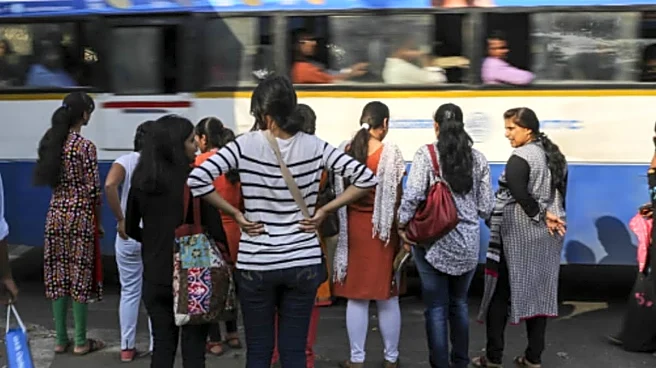Of the 12 PSU banks, the four lenders highlighted above, have government stake near or in excess of 90% at the end of the June quarter.
| PSU Bank | Govt shareholding | Public shareholding |
| Indian Overseas Bank | 94.61% | 5.39% |
| Punjab Sind Bank | 93.85% | 6.15% |
| UCO Bank | 90.95% | 9.05% |
| Central Bank of India | 89.27% | 10.73% |
All of these lenders raised between ₹1,500 crore to ₹2,000 crore recently through a QIP, which resulted in negligible dilution of the government's stake.
"We need capital. This year, we are going to raise capital for four banks to also meet the SEBI guidelines of below 75% public shareholding. So that is one way of raising funds, so that when the capital is there, we will be able to lend more," Nagaraju said at CNBC-TV18's Banking Transformation Summit on Tuesday, September 16.
He added that credit growth has also been very high due to last year's profits. "We are very confident, given the low inflation numbers and the availability of liquidity in the system, that we want to lend more. That is the message we want to give to the country," he said.
The DFS secretary also clarified that there is no proposal before the Centre to reduce its stake in PSU Banks below 51%. “They will continue to be majority-owned by the government, because there is a public interest in the government owning a majority in public sector banks," he said.
Shares of IOB, Central Bank of India, PSB, and UCO Bank ended the previous session up to 1.4% higher.
Also Read: Motilal Oswal nearly exits this underperforming auto component player on Tuesday via block deals
/images/ppid_59c68470-image-175807753212522232.webp)




/images/ppid_a911dc6a-image-177082860764063168.webp)

/images/ppid_a911dc6a-image-177082857077520752.webp)







